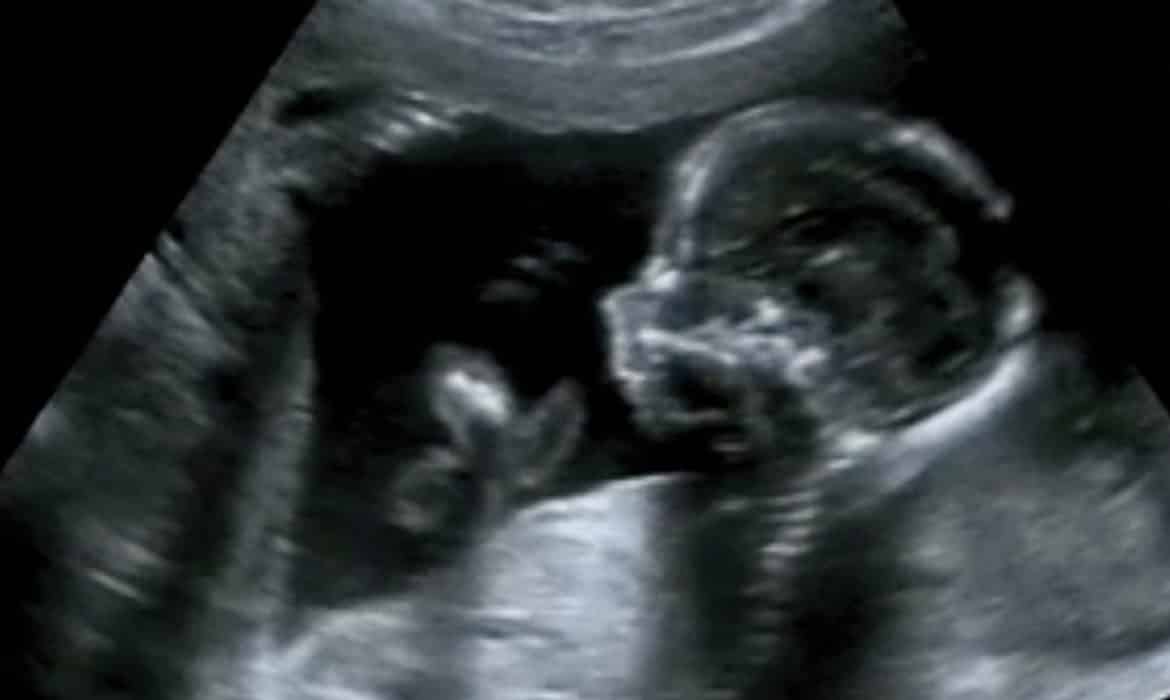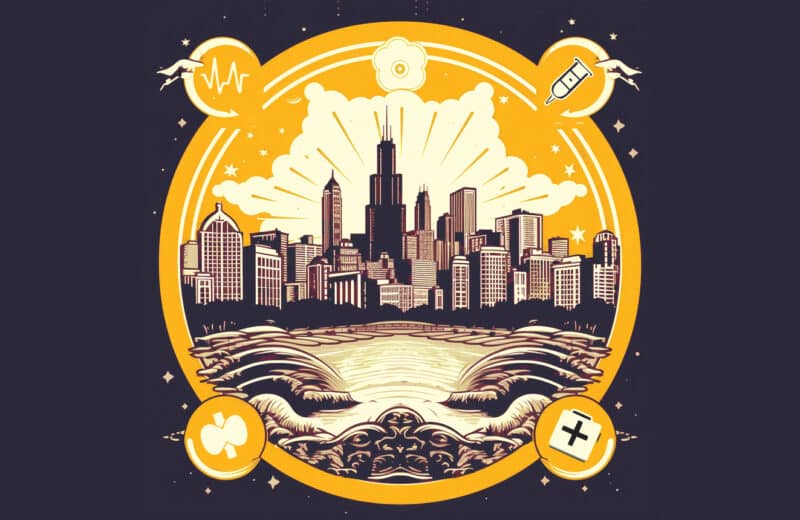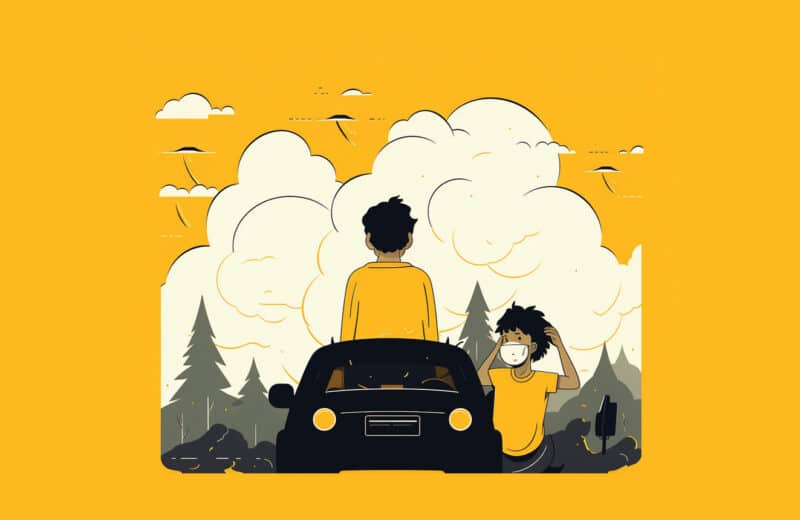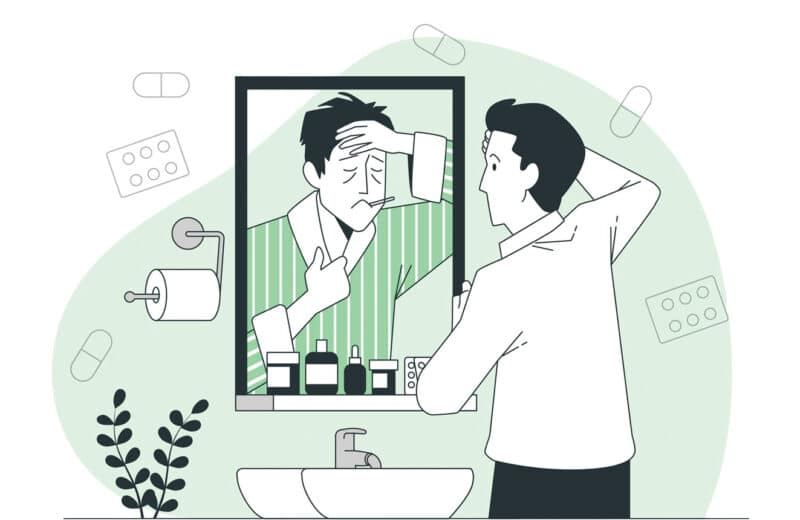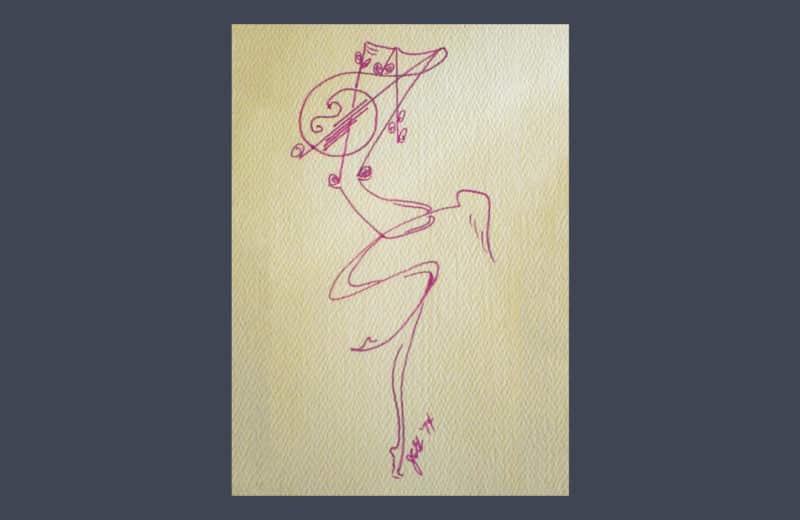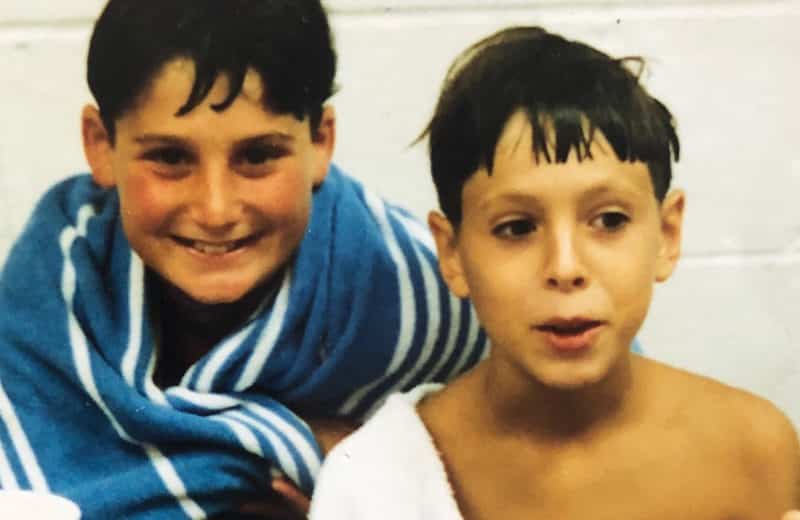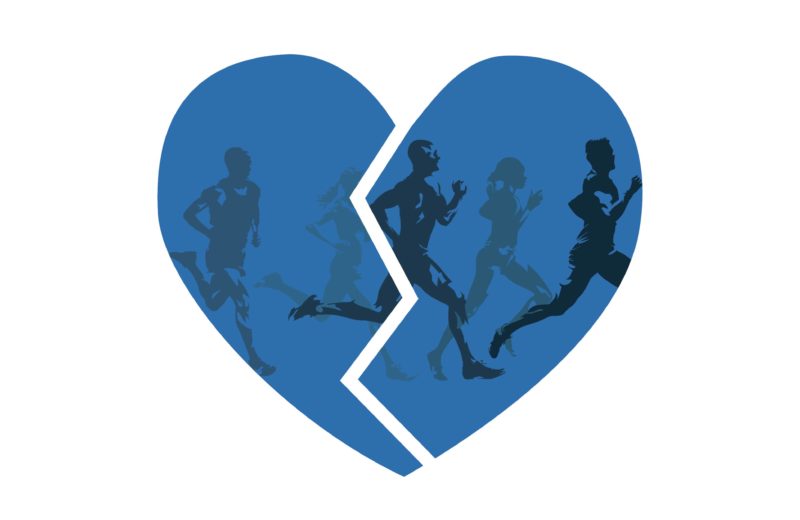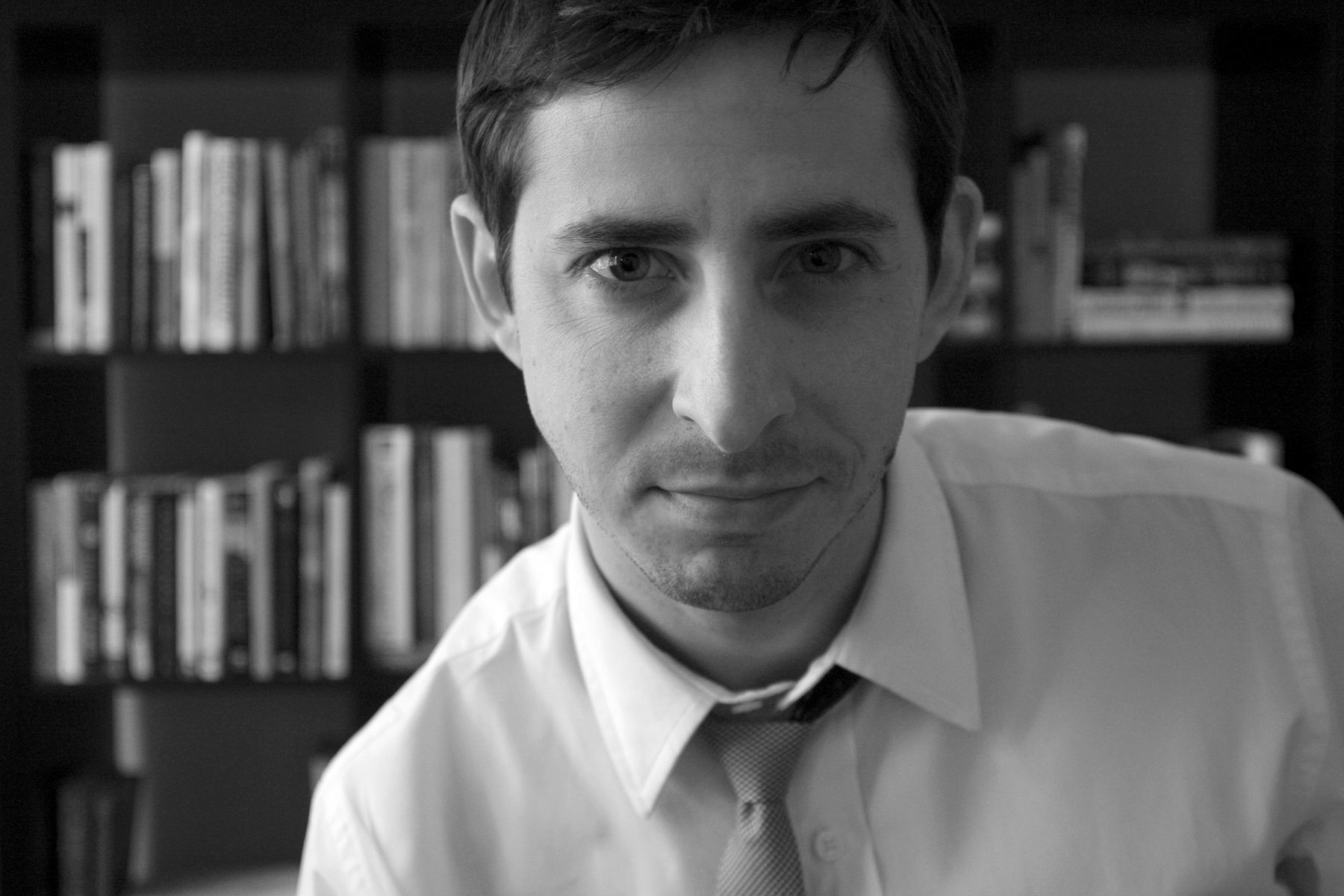 I’m going to be a dad.
I’m going to be a dad.
It’s happening. The thing I’ve been planning for and dreading most of my adult life and certainly since I fell in love with and married Katie. (First comes love, then comes marriage and all that.)
I know fatherhood will be an amazing experience, perhaps the best thing I’ll ever do in my life. At least that’s what my own dad tells me. But I think he’s just saying that to make me feel better, because I know my brothers and I did not make things easy for him. But making a son feel better is a father’s job, so I commend him for sticking to the script.
When I first heard my child’s heartbeat — the first time anyone heard its heartbeat — my first thought was, Wow. Some day that heart is going to stop beating. And when I think about how fast the kid is growing inside of Katie, I can’t help but think about all those cells developing at such a rapid pace. It’s all so incredible. And then I think, Which of those cells will become cancer cells? How imperfect will this perfect specimen wind up?
This is the default setting of my brain. I worry about all this and then all the worry I’ve yet to worry about. Why? Why can’t I enjoy this like every other schlub who has been in my shoes? Like every other dad-to-be?
Turns out, I’m not alone. In a 2015 study conducted by McGill University, health researchers found that about 1 in 8 men experience prenatal anxiety and/or depression during their partner’s pregnancy. So I’m not a sadist. I’m a small statistic that is largely overlooked.
“If you’re already prone to be anxious or depressed, or have bipolar or a mood disorder, you’re more likely to have it heightened during pregnancy because it’s a heightened life moment,” says Karen Greenberg, LCSW, a counselor who works with patients experiencing the very things I’m experiencing — depression, anxiety, life transition concerns — and more. “It sounds like you’re predisposed to it, David. You’re always waiting for the other shoe to drop.”
She’s right. I am. And I do. And no one had ever explained my chronic panic in such a simple and precise way. That constant waiting for the thud of the other shoe is exactly why the idea of being a dad terrifies me.
It’s not solely because I’m going to be sleep deprived at first or that I’ll have to attend countless awful school plays and action-less sporting events in support of my all-star kid — every kid is an all-star, right? — but because of what my child will have to experience. Sickness? Heartbreak? Disappointment? Regret? Fear? Confusion? Loss? You know … life. My God, what if my kid inherits its father’s penchant for, well, this?
“I think it’s kind of beautiful that you’re thinking about that,” Greenberg says. “You’re already so connected to this baby and so concerned about what will go wrong. The more that we care, the more we can feel and the more we can hurt.
“So, what are these thoughts doing to you? Are they keeping you from enjoying the pregnancy?”
Yeah, they are.
“You’re so busy analyzing your life that you’re not really living life.”
And that’s a problem. Not just for me and for my wife but for the kid. This is not a good example to set for my child(ren). A panicked home does not make for a happy home. And they say the baby can hear a father’s voice from inside the womb. So I try to panic quieter.
“Know that Katie is probably feeling that way, too. Open communication is key. Check in and talk about what you’re excited about, what you’re worried about, what your boundaries are, what the responsibilities are,” Greenberg tells me.
I can do that. Katie and I have been known to talk to each other. But then Greenberg tells me this: “You may not fall in love with your baby right away. That’s perfectly normal. It’s your body’s way of protecting you. New babies aren’t always cute, and those first few months they just suck the life out of you. They don’t give you much in exchange.”
And then we’re back where we started. But she reiterates to me that this is perfectly normal and to talk about it.
“How do you deal with these kinds of stressors?” she asks. “You have to learn to cope with what life has to bring you. That’s part of life. You learn to enjoy it and value what you have and know that nothing is promised to you.”
Nothing is promised to me. But I’d like to make a promise to my unborn child: I’ll do my best to not panic and enjoy all the wonder that you bring to our lives. And when you panic, I’ll be there to tell you it’s all going to be okay even if I don’t totally believe it myself, just like my dad does for me. That’ll be the best thing I can ever do.
David Himmel is the former editor in chief of Chicago Health. He is an associate board member of Gilda’s Club Chicago and lives in Wicker Park with a pregnant wife. davidhimmel.com

